About Us
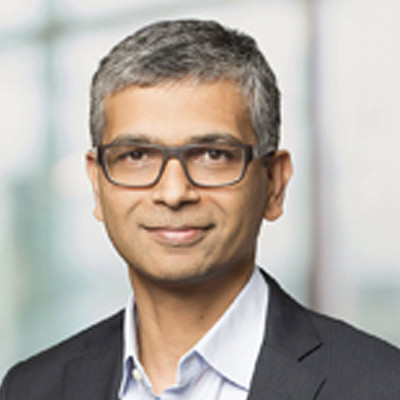
Girindre Beeharry
Senior Strategy Advisor, Bill and Melinda Gates Foundation
Bio
Girindre previously served as director of the foundation’s India Country Office, overseeing the foundation’s work in health, sanitation, financial inclusion, and agriculture, in service of India’s most vulnerable communities. Before that, he was the director of Global Health strategy, and worked to ensure that the development of new, life-saving, health interventions was accompanied by strategies to guarantee they could be accessed by the people for whom they were developed.
Prior to joining the foundation in 2005, Girindre worked in business development for immunization at Becton, Dickinson, and Company. He also worked as a senior health economist in the Latin America and Caribbean Region at the World Bank from 1997 to 2002.
Girindre read Economics at the universities of Paris and Oxford. He has worked in Latin America, Asia, and Africa since 1994.
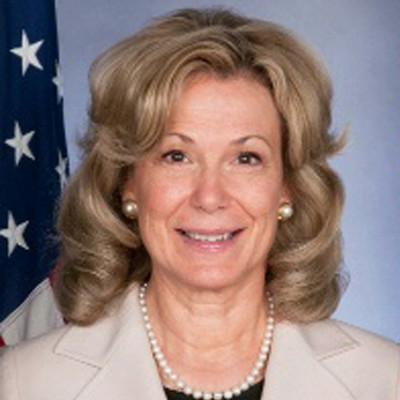
Deborah Birx
Ambassador-at-Large and U.S. Global AIDS Coordinator
Bio
In 1985, Ambassador Birx began her career with the Department of Defense (DoD) as a military-trained clinician in immunology, focusing on HIV/AIDS vaccine research. From 1985-1989, she served as an Assistant Chief of the Hospital Immunology Service at Walter Reed Army Medical Center. Through her professionalism and leadership in the field, she progressed to serve as the Director of the U.S. Military HIV Research Program (USMHRP) at the Walter Reed Army Institute of Research from 1996-2005. Ambassador Birx helped lead one of the most influential HIV vaccine trials in history (known as RV 144 or the Thai trial), which provided the first supporting evidence of any vaccine’s potential effectiveness in preventing HIV infection. During this time, she also rose to the rank of Colonel, bringing together the Navy, Army, and Air Force in a new model of cooperation – increasing the efficiency and effectiveness of the U.S. Military’s HIV/AIDS efforts through inter- and intra-agency collaboration. Then known as Colonel Birx, she was awarded two prestigious U.S. Meritorious Service Medals and the Legion of Merit Award for her groundbreaking research, leadership, and management skills during her tenure at DOD.
From 2005-2014, Ambassador Birx served successfully as the Director of CDC’s Division of Global HIV/AIDS (DGHA), which is part of the agency’s Center for Global Health. As DGHA Director, she utilized her leadership ability, superior technical skills, and infectious passion to achieve tremendous public health impact. She successfully led the implementation of CDC’s PEPFAR programs around the world and managed an annual budget of more than $1.5 billion. Ambassador Birx was responsible for all of the agency’s global HIV/AIDS activities, including providing oversight to more than 400 staff at headquarters, over 1,500 staff in the field, and more than 45 country and regional offices in Africa, Asia, the Caribbean, and Latin America. Recognized for her distinguished and dedicated commitment to building local capacity and strengthening quality laboratory health services and systems in Africa, in 2011, Ambassador Birx received a Lifetime Achievement Award from the African Society for Laboratory Medicine. In 2014, CDC honored her leadership in advancing the agency’s HIV/AIDS response with the highly prestigious William C. Watson, Jr. Medal of Excellence.
Ambassador Birx has published over 220 manuscripts in peer-reviewed journals, authored nearly a dozen chapters in scientific publications, and developed and patented vaccines as well. She received her medical degree from the Hershey School of Medicine, Pennsylvania State University, and beginning in 1980 she trained in internal medicine and basic and clinical immunology at the Walter Reed Army Medical Center and the National Institutes of Health. Ambassador Birx is board certified in internal medicine, allergy and immunology, and diagnostic and clinical laboratory immunology.
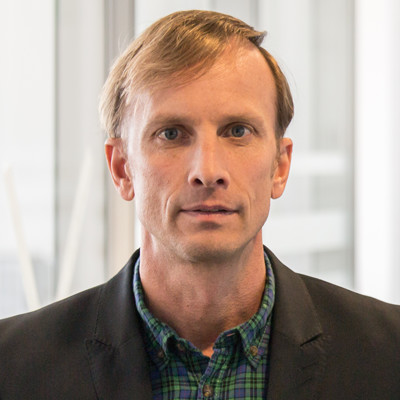
Mark Dybul
Executive Director, The Global Fund to Fight AIDS, Tuberculosis and Malaria
Bio
Dr. Dybul became a founding architect and driving force in the formation of the President’s Emergency Plan for AIDS Relief, better known as PEPFAR. After serving as chief medical officer, assistant, deputy and acting director, he was appointed as its leader in 2006, becoming U.S. Global AIDS Coordinator, with the rank of Ambassador at the level of an Assistant Secretary of State. He served until early 2009.
Before coming to the Global Fund, Dr. Dybul was co-director of the Global Health Law Program at the O’Neill Institute for National and Global Health Law at Georgetown University, where he was also a Distinguished Scholar. Dr. Dybul has written extensively in scientific and policy literature, and has received several honorary degrees and awards.
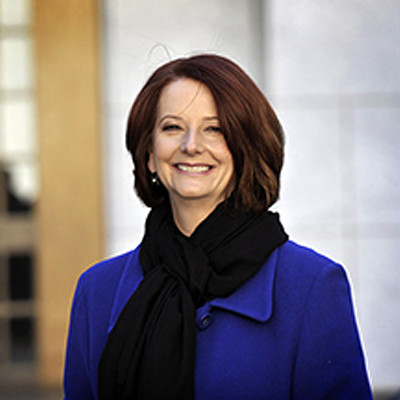
Julia Gillard
Chair, Global Partnership for Education; Former Prime Minister, Australia
Bio
During her tenure as Prime Minister, she delivered nation-changing policies including reforming Australia’s education at every level from early childhood to university education, improving the provision and sustainability of health care, aged care and dental care, commencing the nation’s first-ever national scheme to care for people with disabilities. Before becoming Prime Minister, Ms. Gillard was Deputy Prime Minister and Minister for Education, Employment and Workplace Relations and Social Inclusion. From 2003 to 2006, Ms. Gillard served as Shadow Minister for Health, followed in 2006 by an appointment as Shadow Minister for Employment and Industrial Relations and Social Inclusion.
Previously, from 1998 to 2000, Ms. Gillard was a member of the House of Representatives’ Standing Committee on Employment, Education and Workplace Relations. In 2001 Ms. Gillard was appointed Shadow Minister for Population and Immigration and in 2003 took on responsibilities for Reconciliation and Indigenous Affairs. From 1996 to 1998, Ms. Gillard served as Chief-of-Staff to the Opposition Leader of the State of Victoria. Prior to entering politics, Ms. Gillard worked as a solicitor in Melbourne with the law firm Slater and Gordon and became a partner in 1990. Ms. Gillard retired from political life following the 2013 Australian national election.
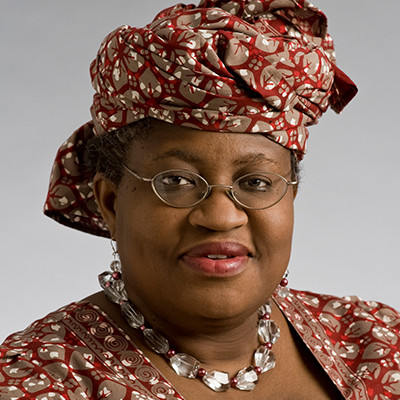
Ngozi Okonjo-Iweala
Chair, GAVI; Former Minister of Finance, Nigeria
Bio
Before that, she was Nigeria’s Finance Minister for three years and was briefly Minister of Foreign Affairs. As Minister of Finance, she spearheaded the negotiations with the Paris Club of Creditors that led to the wiping out of US$30 billion of Nigeria’s debt. Prior to her government service, she had spent 21 years at the World Bank, rising to the position of Vice President and Corporate Secretary.
Dr. Okonjo-Iweala serves or has served on numerous boards and advisory groups, including the Rockefeller Foundation, the African Institutes of Science and Technology, the Center for Global Development, the Clinton Global Initiative, and the newly-formed African Risk Capacity – an institution of the African Union charged with insuring African countries against the risk of climate change. In 2011 and 2012 she was named one of the 100 most powerful women in the world by Forbes, and one of 100 Top Global Thinkers by Foreign Policy. A Distinguished Fellow of the Brookings Institution, she is also the author of several books and articles. Dr. Okonjo-Iweala earned a bachelor’s degree in economics at Harvard University and a Ph.D. in regional economics and development from the Massachusetts Institute of Technology.
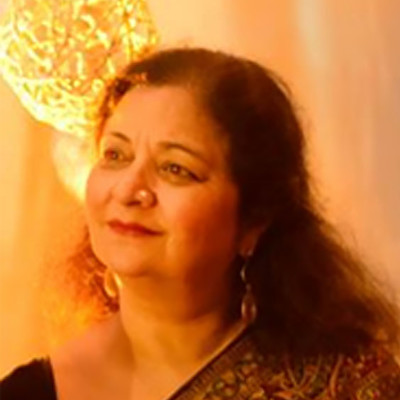
Baela Raza Jamil
Adviser/Trustee, Idara-e-Taleem-o-Aagahi (ITA)
Bio
She is on the boards of many government, academic and civil society organizations in Pakistan and on the Advisory Boards of the Global Monitoring Report (GMR), Learning Assessment at the UNESCO Institute of Statistics (UIS) and the Global Business Coalition for Education. Baela is a member of regional and international professional associations such as BAICE, CIES, SAFED, ARNEC and ASBAE.
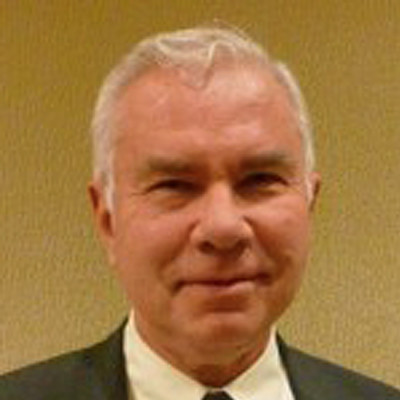
Dean Jamison
Emeritus Professor of Global Health, University of Washington
Bio
Jamison studied at Stanford (M.S., Engineering Science) and at Harvard (Ph.D., Economics, under K.J. Arrow). In 1994 he was elected to membership in the Institute of Medicine of the U.S. National Academy of Sciences. Jamison was recently co-first author with Lawrence Summers of Global Health 2035, the report of the Lancet Commission on Investing in Health (The Lancet, December 2013).
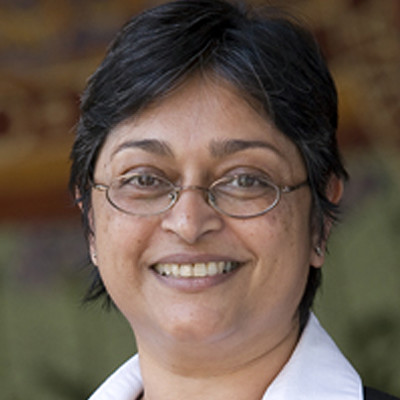
Quarraisha Karim
Associate Professor of Epidemiology, Columbia University Medical Center
Bio
Since 1998 she has played a central role in building the science base in southern Africa through the Columbia University – Southern African Fogarty AIDS International Training and Research Programme that has trained over 600 scientists in southern Africa. She was the principal investigator of the landmark CAPRISA 004 tenofovir gel trial which provided proof of concept for microbicides, highlighted by Science as one of the ‘Top 10’ scientific breakthroughs in 2010.
Professor Abdool Karim has over 170 peer reviewed publications and has authored several books and book chapters. Professor Karim is currently chair of the South African National AIDS Council Prevention Technical Task Team, a member of the UNAIDS Scientific Expert Panel and scientific advisor to the executive director of UNAIDS. She is an advisory board member of the Higher Education and Training HIV/AIDS Programme (HEAIDS), scientific advisory board member of the US President’s Emergency Pan for AIDS Relief (PEPFAR), chair of the PEPFAR Adolescent Girls and Young Women Expert Working Group, a member of the HIV Centre Strategic Advisory Committee and the NIH OAR Microbicides Planning Group. She is currently vice president (Southern African Region) of the African Academy of Sciences.
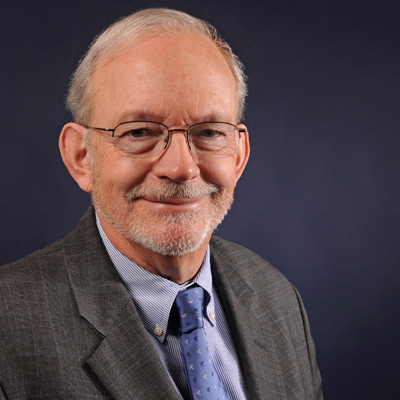
Anthony Lake
Executive Director, UNICEF
Bio
Upon leaving the government, he served as the United States President’s Special Envoy, first in Ethiopia and Eritrea, and later in Haiti. He has served on the boards of Save the Children (1975–1977) and the Overseas Development Council, has been an International Adviser to the International Committee of the Red Cross (2000-2003), and Chair of the Marshall Legacy Institute, which works in conflict-affected countries to remove landmines and assist survivors, and advance children’s rights.
Anthony Lake’s ties with UNICEF are long-standing, dating back to 1993, when he worked with UNICEF’s third Executive Director, James P. Grant, on the organization’s presentation of its flagship publication, The State of the World’s Children, at the White House. From 1998 to 2007 he served on the Board of the US Fund for UNICEF, with a term as Chair from 2004 to 2007, after which he was appointed a permanent honorary member.
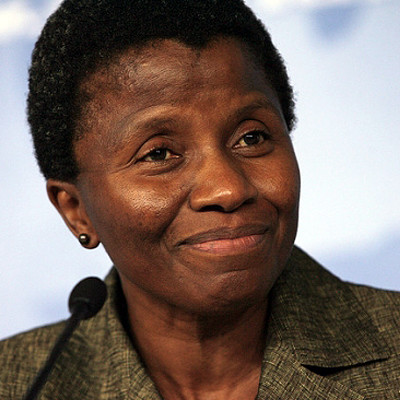
Joy Phumaphi
Co-chair, Independent Expert Review Group, World Health Organization
Bio
She has also served as Vice President for Human Development at the World Bank where she oversaw a dramatic expansion of the network evaluation program, introduction of health results-based funding, growth in the World Bank’s contribution to basic education, and the network’s extensive role in expansion of social protection programs during the global food and financial crises.
Ms. Phumaphi is currently the Executive Secretary of the African Leaders Malaria Alliance, an alliance of 49 African Heads of State and Government. She also co-chairs the Independent Expert Review Group for Every Woman Every Child, reporting annually to the UNSG on developing country-level progress on women’s and children’s health. Ms. Phumaphi has served as a member of the UN Reference Group on Economics and as a UN Commissioner on HIV/AIDS and Governance. Madam Phumaphi currently sits on the boards of several international non-profits in global health, including CIFF (Children’s Investment Fund Foundation); ACHAP (African Comprehensive HIV/AIDS Partnership); MMV (Medicines for Malaria Venture); RBM (Roll Back Malaria Partnership), and as an advisor for Hilleman Laboratories, the Gates Foundation Malaria Program, and the Harvard Health Ministerial Leadership program.
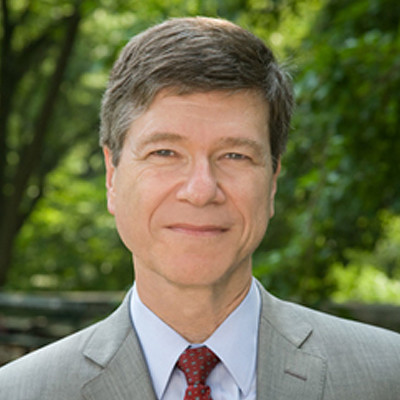
Jeffrey Sachs
Special Adviser, United Nations Secretary-General
Bio
Professor Sachs is widely considered to be one of the world’s leading experts on economic development and the fight against poverty. His work on ending poverty, promoting economic growth, fighting hunger and disease, and promoting sustainable environmental practices has taken him to more than 125 countries with more than 90 percent of the world’s population. For more than a quarter century he has advised dozens of heads of state and governments on economic strategy, in the Americas, Europe, Asia, Africa, and the Middle East.
Sachs is the recipient of many awards and honors, including membership in the Institute of Medicine, the American Academy of Arts and Sciences, Harvard Society of Fellows, and the Fellows of the World Econometric Society. He has received more than 20 honorary degrees, and many awards and honors around the world. Professor Sachs is also a frequent contributor to major publications such as the Financial Times of London, the International Herald Tribune, Scientific American, and Time magazine.
Prior to joining Columbia, Sachs spent over twenty years at Harvard University, most recently as Director of the Center for International Development and the Galen L. Stone Professor of International Trade. A native of Detroit, Michigan, Sachs received his B.A., M.A., and Ph.D. degrees at Harvard.
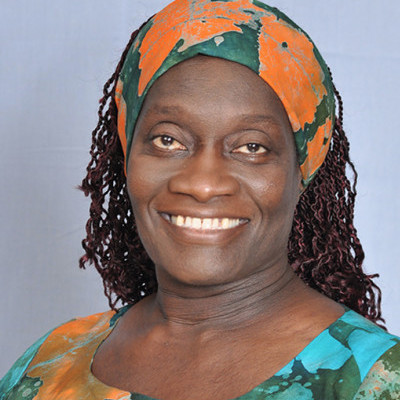
Theo Sowa
CEO, African Women’s Development Fund
Bio
Born in Ghana, she has lived and worked in many countries in Africa, as well as the UK, Europe, and the US. Her work includes advisory roles to African and other international women’s and children’s rights activists and leaders, as well as policy development and advocacy with a variety of international agencies and organizations. She was Senior Program Advisor on the UN Study on Children and Armed Conflict (the Machel Report) and led the five-year review of the report.
Theo is a board member of various national and international civil society organizations and grant-making foundations, including being a trustee of Comic Relief and chair of Comic Relief’s International Grants Committee; a member of the African Advisory Board of the Stephen Lewis Foundation; a patron of Evidence for Development; a member of the UBS Optimus Foundation and a board member of the Graça Machel Trust. She has authored many publications, including being a contributing editor to The Impact of War on Children; a contributing author and co-editor of the Harvard Law School/UNICEF Innocenti publication Children and Transitional Justice; and co- author of Groupwork and Intermediate Treatment. Theo was awarded a CBE in June 2010.
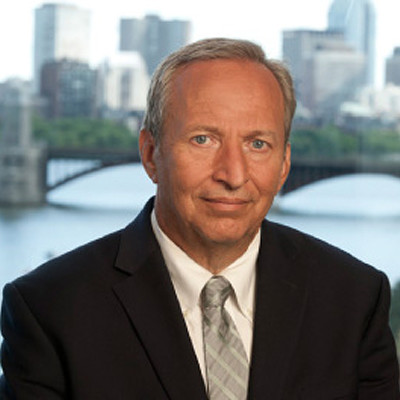
Lawrence Summers
Charles W. Eliot University Professor and President Emeritus, Harvard University; 71st Secretary of the Treasury for President Clinton; Director of the National Economic Council for President Obama
Bio
He received a bachelor of science degree from the Massachusetts Institute of Technology in 1975 and was awarded a Ph.D. from Harvard in 1982. In 1983, he became one of the youngest individuals in recent history to be named as a tenured member of the Harvard University faculty. In 1987 Mr. Summers became the first social scientist ever to receive the annual Alan T. Waterman Award of the National Science Foundation (NSF) and in 1993, he was awarded the John Bates Clark Medal, given every two years to the outstanding American economist under the age of 40.
He is currently the Charles W. Eliot University Professor at Harvard University. He and his wife Elisa New, a professor of English at Harvard, reside in Brookline with their six children.
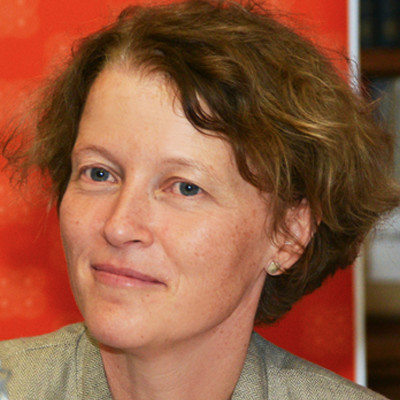
Charlotte Watts
Chief Scientific Advisor, Department for International Development
Bio
Charlotte has more than 140 publications in peer reviewed journals, and manages a large portfolio of research, including research director of the DFID-funded STRIVE structural drivers/HIV drivers Research Programme Consortium, and Chair of the Expert Working Group to Assess the Global Burden of Inter-Personal Violence. She was a Core Research Team Member for the WHO multi-country study on women’s health and domestic violence, and a senior researcher on the IMAGE violence prevention study in South Africa. She has served on expert consultations for UNAIDS, WHO, the World Bank, and UNICEF; was a member of the coordinating committee for the US Institute of Medicine on the contagion on violence; and has been on the Track C organising committee for several international AIDS conferences.
She is a member of the Peer Review Board for the UK Economic and Social Research Council, and has reviewed grants for NIH, the UK MRC, the South African MRC, CIMH, and the EU.
